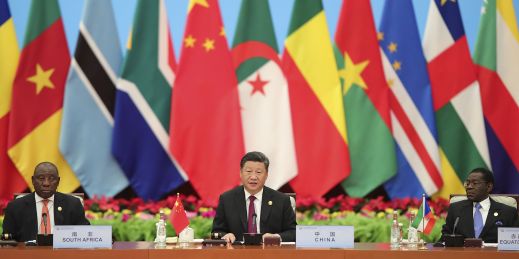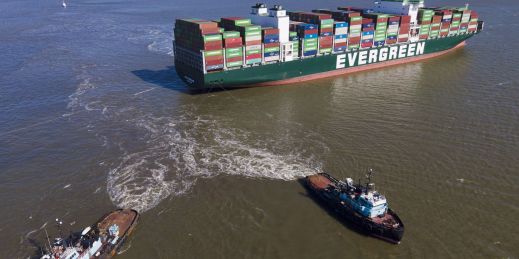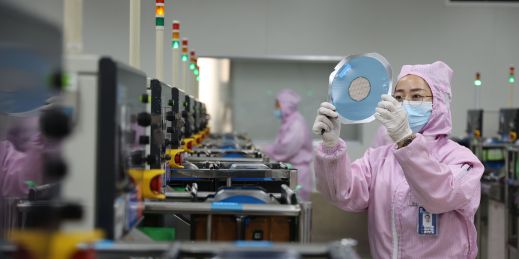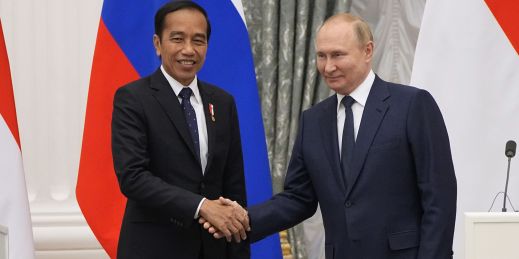
Amid a looming global economic crunch driven in part by a slowdown in China, a recalibration of Beijing’s footprint in Africa and deepening tensions with the West, many African governments are asking questions about what direction the relationship between their countries and China will take in the next couple of years.



